9 Things Your Tax Preparer May Not Want You To Know
Before you hand your tax documents off to an 'expert' for help, here are some important points to consider.


Profit and prosper with the best of Kiplinger's advice on investing, taxes, retirement, personal finance and much more. Delivered daily. Enter your email in the box and click Sign Me Up.
You are now subscribed
Your newsletter sign-up was successful
Want to add more newsletters?

Delivered daily
Kiplinger Today
Profit and prosper with the best of Kiplinger's advice on investing, taxes, retirement, personal finance and much more delivered daily. Smart money moves start here.

Sent five days a week
Kiplinger A Step Ahead
Get practical help to make better financial decisions in your everyday life, from spending to savings on top deals.

Delivered daily
Kiplinger Closing Bell
Get today's biggest financial and investing headlines delivered to your inbox every day the U.S. stock market is open.

Sent twice a week
Kiplinger Adviser Intel
Financial pros across the country share best practices and fresh tactics to preserve and grow your wealth.

Delivered weekly
Kiplinger Tax Tips
Trim your federal and state tax bills with practical tax-planning and tax-cutting strategies.

Sent twice a week
Kiplinger Retirement Tips
Your twice-a-week guide to planning and enjoying a financially secure and richly rewarding retirement

Sent bimonthly.
Kiplinger Adviser Angle
Insights for advisers, wealth managers and other financial professionals.

Sent twice a week
Kiplinger Investing Weekly
Your twice-a-week roundup of promising stocks, funds, companies and industries you should consider, ones you should avoid, and why.

Sent weekly for six weeks
Kiplinger Invest for Retirement
Your step-by-step six-part series on how to invest for retirement, from devising a successful strategy to exactly which investments to choose.
How many times have you seen the phrase, "Consult your tax adviser"? Many people do, and it's often good for their financial well-being, but that doesn’t mean you're getting the full story when you meet with your preparer.
Here are nine truths your tax preparer may not want you to know.
Written by Brian Vnak, Vice President at the Wealth Enhancement Group. Vnak advises clients on income, gift, trust and estate tax issues.

1. I may no longer be a tax expert.
Expertise is gained through mastery of the domain: a thorough understanding of the existing tax regulations and the ongoing battle to stay abreast of the new law changes as they occur. The recent changes to the tax code have leveled the playing field for tax preparers as old rules fade away and new rules rule the roost.
The Tax Cut and Jobs Act, now entering its second tax filing season, simplified the tax code for many, but added new wrinkles for others. The 199A deduction on pass-through business income might compel some business owners to restructure their business and profitability to maximize the 20% deduction. Understanding the nuance of this law is vital to tax planning strategies, and this may be uncharted territory for many tax advisers.
Similarly, the recently passed SECURE Act eliminates the stretch provision for IRAs passed down to most heirs, other than surviving spouses. Preparers will have to learn on the fly how the math may flip-flop and navigate some potentially onerous tax implications over a 10-year period.
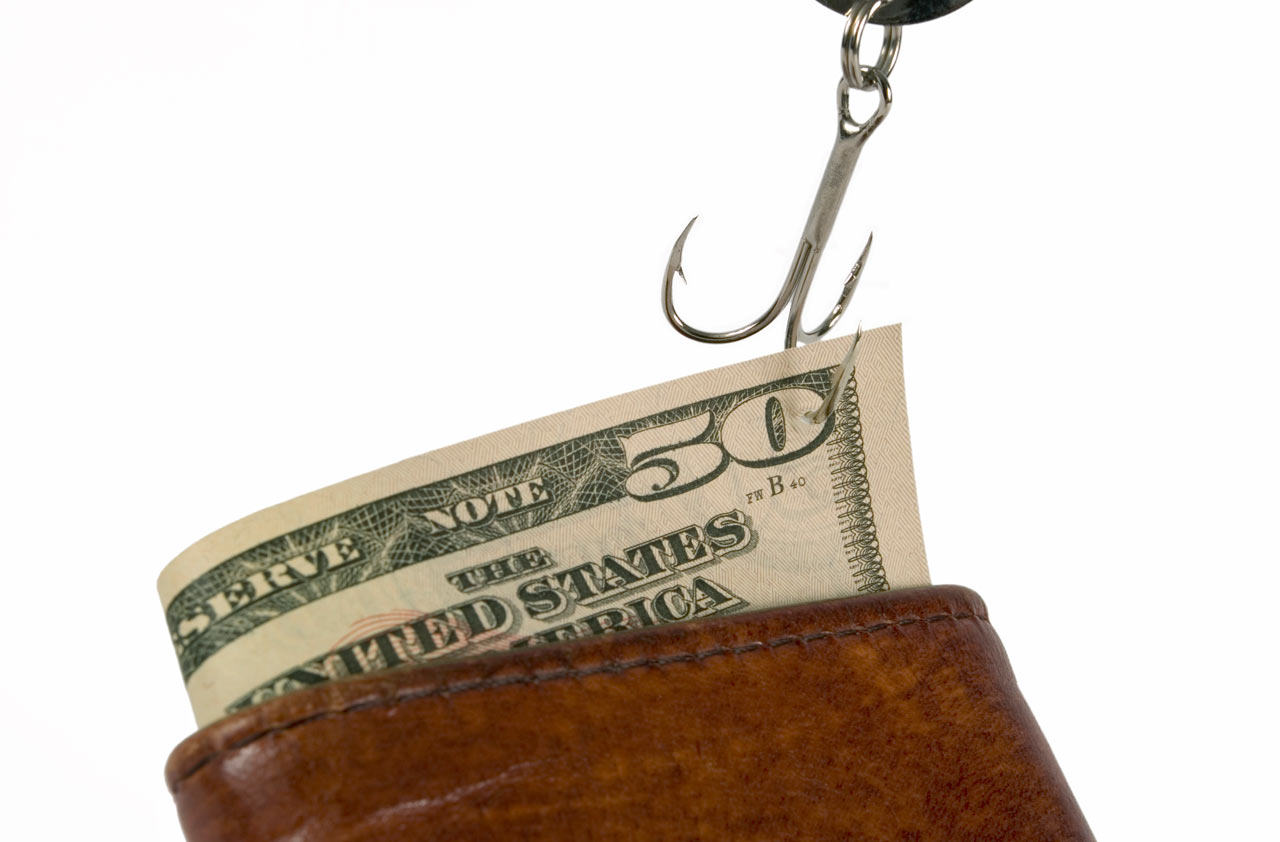
2. If I make a mistake, you might be on the hook.
Tax preparers are human, and mistakes happen. When mistakes occur, they can result in three negative consequences: additional tax owed, penalties and interest. If the mistake is truly the fault of a tax preparer, their responsibility is defined in the contract you sign with your them, so be sure to carefully read it to understand both your and their responsibilities.
Typically, additional tax is your responsibility, while penalties and interest may be covered by the tax preparer. But the amount of their obligation may be limited in the contract. If the mistake is due to you providing inaccurate or incomplete information, you could be paying for everything. Make sure to review your tax return before you sign it.

3. Credentials aren’t always required.
The only standard that preparers must have is an up-to-date Preparer Tax Identification Number (PTIN). Unfortunately, a PTIN confers absolutely no expertise in preparing and filing tax returns. Yes, an attorney or a CPA can have a PTIN, but so can the man who lives down by the river.
Education and experience make a tax person a tax expert. When you work with certified professionals (such as enrolled agents, CPAs and attorneys), you increase the likelihood of dealing with a qualified professional who has the necessary experience to safely guide you through a complex situation.
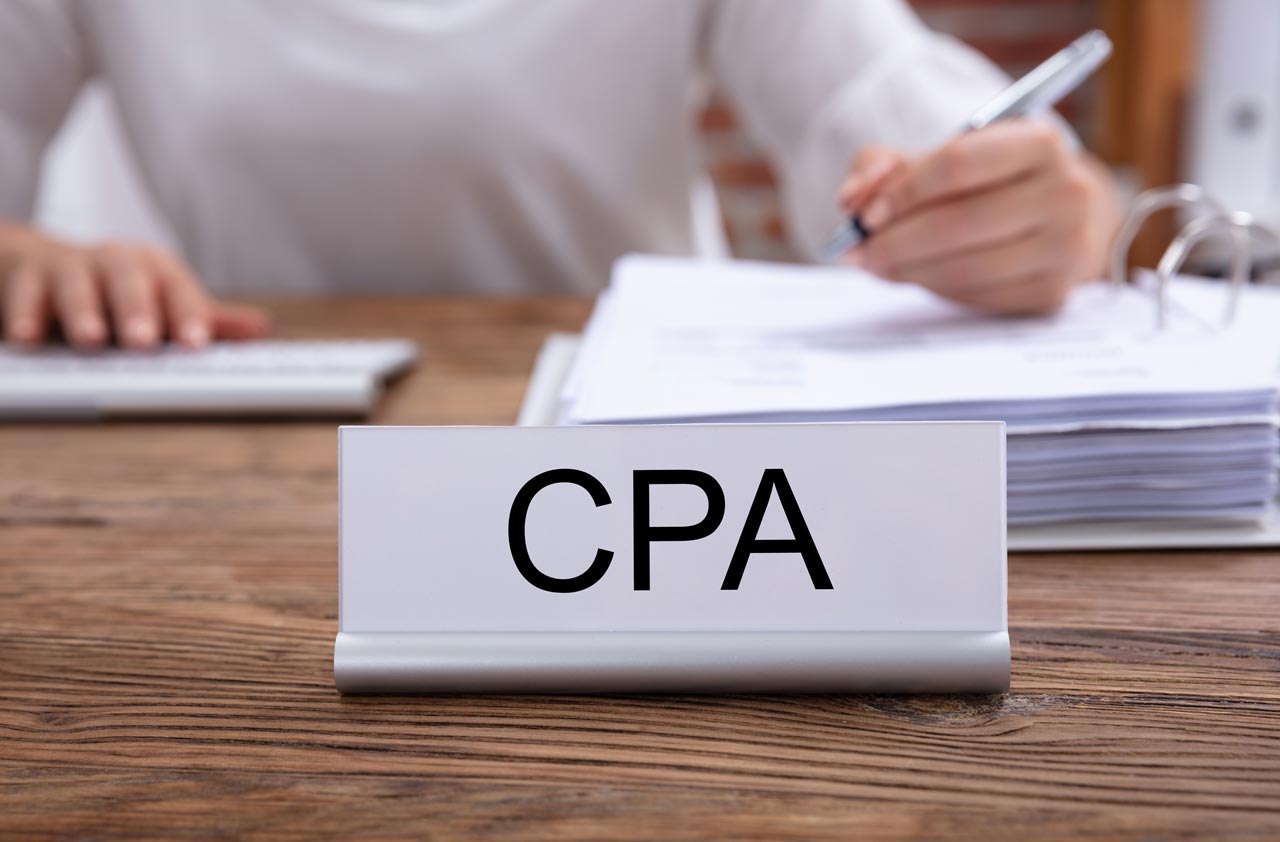
4. CPA ≠ tax expert.
The letters CPA on someone’s business card mean they are a tax expert, right? Hardly. Many CPAs are actually auditors who review corporate financial statements. They typically have little exposure to the tax side of the accounting world, much less the specifics of personal taxes. Even "tax" CPAs can be similarly unqualified to help you with your taxes. For example, a CPA could know all there is to know about international taxation of large publicly traded companies, but little about required minimum distribution minimization strategies.
Ultimately, it's important to match your preparer’s expertise with your needs. Using a tax preparer who is also a CPA is my preferred standard — so long as the CPA has experience with individual income tax and other related issues.

5. I didn’t prepare your return.
The sheer volume of incoming returns within such a short period of time often means your return is prepared in stages by your preparer. A junior associate organizes and inputs your information, and a manager or partner reviews the return before delivering it to you.
That’s OK, and is considered to be a best practice by the industry because it offers a system with checks and balances. However, a tiered approach doesn't guarantee that the reviewer always catches the mistakes made by the preparer. The key to getting the best service is to understand how much time the reviewer spent on your return vs. the junior preparer.

6. Your personal information may have been outsourced overseas.
It is an increasingly common occurrence for your tax preparer to outsource your return: to another colleague in the different regional office, to a preparer at another CPA firm in another state, or even to a professional on the other side of the world. To outsource internationally, the firm is required to provide a disclosure as part of your engagement letter. But that disclosure might be buried.
Ask questions! Inquire as to whether any part of the preparation was outsourced to another firm. If so, did your information leave the local area? Did it leave the country? Make sure you know.

7. I may not get your tax bill as low as it could go.
Taxes are tricky, even for a tax professional. Accordingly, preparers often apply general principles vs. researching potentially advantageous exceptions. There are sound reasons behind this approach:
- To reduce the odds of provoking a tax notice (and the potential of a higher tax bill).
- To help contain your tax-preparation costs. Identifying exceptions takes time, which is often billed on an hourly basis.
- To reduce the preparer’s liability in the event you are audited, lose and try to recover the funds.
If you want to be more aggressive, say so. Just remember that you have to be willing to pay the fees necessary for the preparer to research the issue and reach an accurate conclusion. Be mindful of the costs vs. the benefits, and avoid paying $1,000 in fees to save only $1,000 in taxes.

8. Fear might be preventing me from saving you more.
People want to spend their money on things they are passionate about. Let’s face it, most people are not passionate about paying taxes. But your frugality might cost you.
Fear of sending along a steep hourly bill often means a preparer won’t turn over every leaf looking for ways to save you on taxes. Let your preparer know that you want them to be on the lookout for tax-saving opportunities, and that you are willing to pay them to do so.
If you are concerned about "bill creep," simply request the preparer provide an estimate in advance of how much it will cost before proceeding on any specific opportunity. Most often, you will be able to determine together if it is worth their time — and your money — to research an issue.

9. I’m not your personal filing cabinet.
Your tax preparer probably does a pretty good job of providing personalized service. Still, he or she may have hundreds, if not thousands, of clients. Keeping all these tax records is a costly, risk-laden exercise for the tax preparer. There are no industrywide standards on document retention, and, as a result, your records may ultimately be purged according to your tax preparer's unique policy.
Knowing this policy upfront, and offering to pay for archiving services (if needed), will help you avoid being empty-handed if a tax official comes knocking.
Paying an expert to prepare your taxes is simple and makes a lot of sense. Finding the right person to prepare your taxes is a bit more complicated. Make sure you thoroughly understand your preparer's competence and experience so that you aren't leaving money on the table come April 15.
The opinions voiced in this material are for general information only and are not intended to provide specific advice or recommendations for any individual.
Profit and prosper with the best of Kiplinger's advice on investing, taxes, retirement, personal finance and much more. Delivered daily. Enter your email in the box and click Sign Me Up.

Brian Vnak is Vice President, Wealth Enhancement Group, advising clients on income, gift, trust and estate tax issues.
-
 Ask the Tax Editor: Federal Income Tax Deductions
Ask the Tax Editor: Federal Income Tax DeductionsAsk the Editor In this week's Ask the Editor Q&A, Joy Taylor answers questions on federal income tax deductions
-
 States With No-Fault Car Insurance Laws (and How No-Fault Car Insurance Works)
States With No-Fault Car Insurance Laws (and How No-Fault Car Insurance Works)A breakdown of the confusing rules around no-fault car insurance in every state where it exists.
-
 7 Frugal Habits to Keep Even When You're Rich
7 Frugal Habits to Keep Even When You're RichSome frugal habits are worth it, no matter what tax bracket you're in.
-
 States That Tax Social Security Benefits in 2026
States That Tax Social Security Benefits in 2026Retirement Tax Not all retirees who live in states that tax Social Security benefits have to pay state income taxes. Will your benefits be taxed?
-
 Ten States with the Lowest Sales Tax in 2025
Ten States with the Lowest Sales Tax in 2025Sales Tax Living in one of the lowest sales tax states doesn't always mean you'll pay less.
-
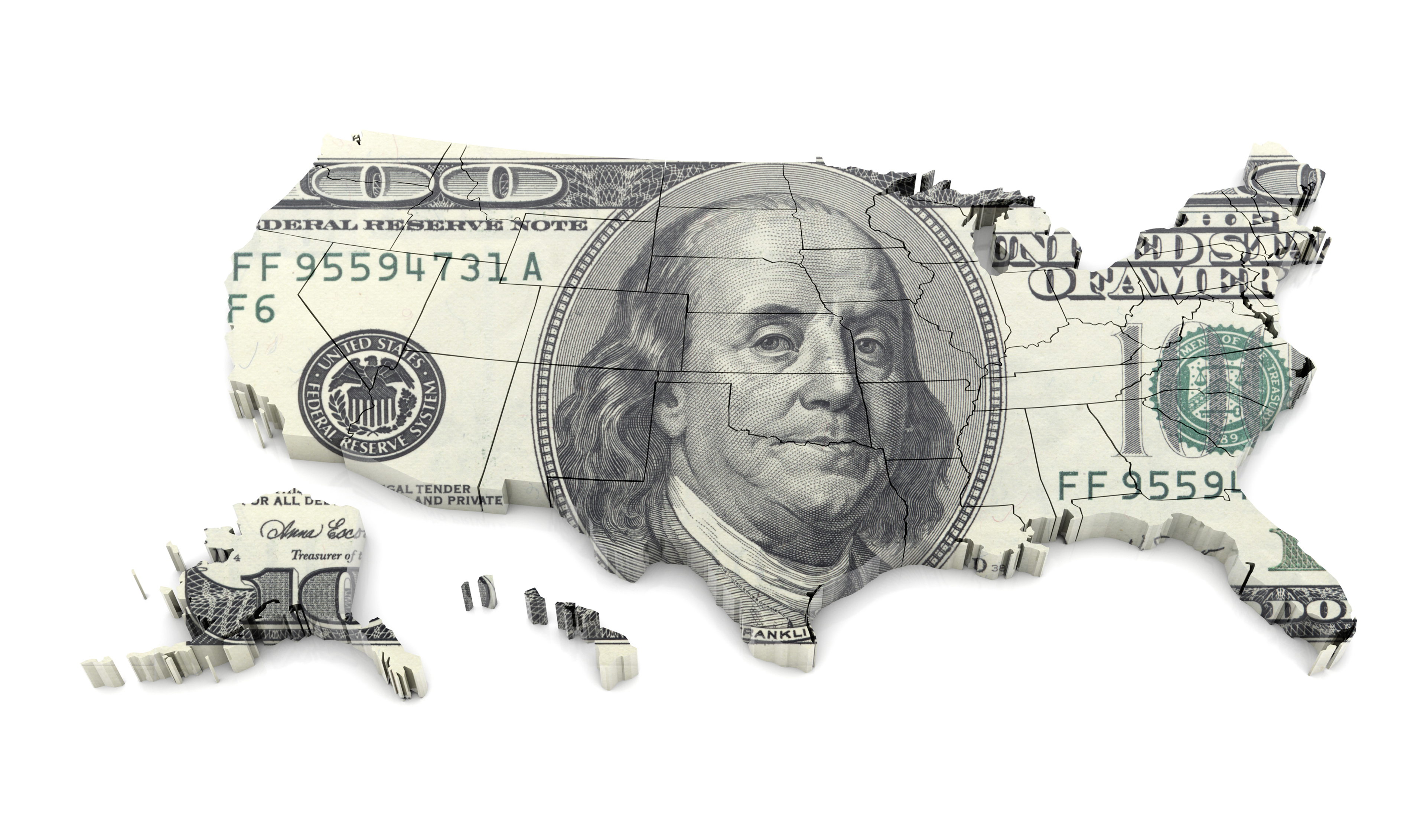 10 Least Tax-Friendly States for Middle-Class Families
10 Least Tax-Friendly States for Middle-Class FamiliesState Tax Here’s what living in one of the least tax-friendly states for middle-class families costs residents.
-
 Low-Tax States for 'Middle-Class' Families in 2026
Low-Tax States for 'Middle-Class' Families in 2026State Tax Here are the best states for families with middle incomes (due to low tax burdens).
-
 15 States That Tax Military Retirement Pay (and Other States That Don't)
15 States That Tax Military Retirement Pay (and Other States That Don't)retirement Taxes on military retirement pay vary from state-to-state. How generous is your state when it comes to helping retired veterans at tax time?
-
 5 Tax Deadlines for October 17
5 Tax Deadlines for October 17tax deadline Many taxpayers know that October 17 is the due date for filing an extended tax return, but there are other tax deadlines on this date.
-
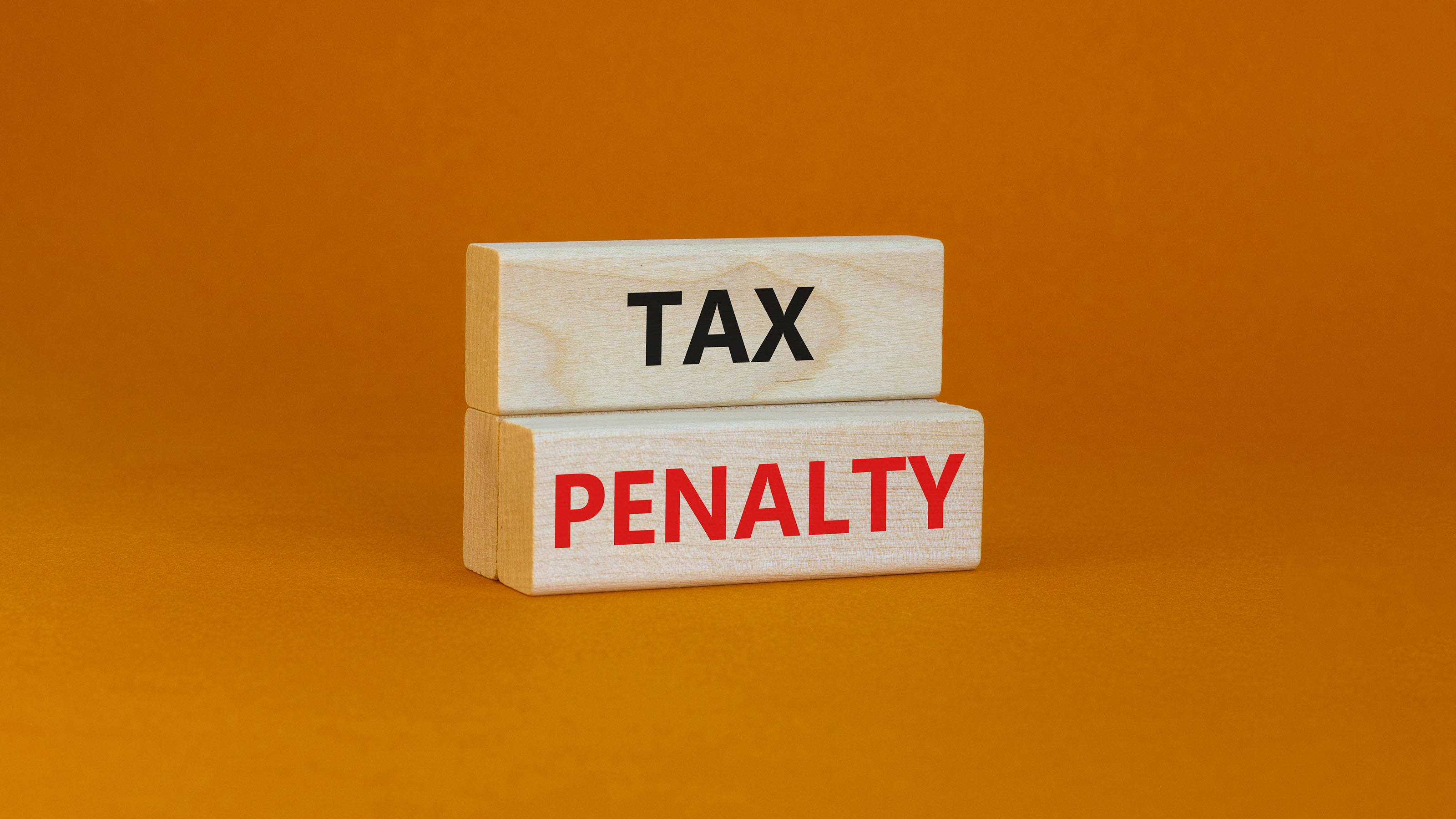 Penalties for Filing Your Tax Return Late
Penalties for Filing Your Tax Return Latetax deadline Stiff penalties await those who didn't file their return (or pay any tax owed) by the tax filing deadline.
-
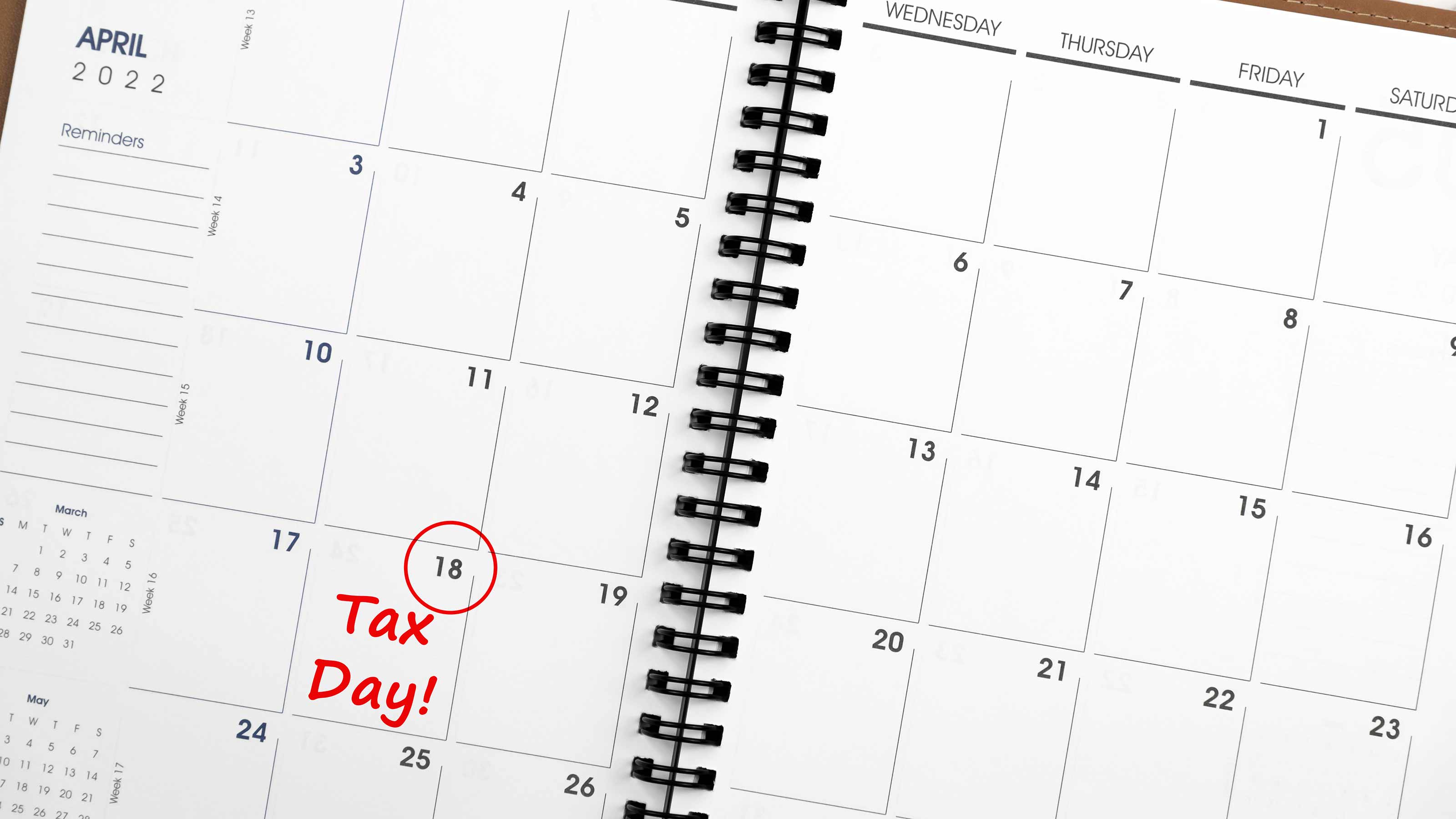 9 Tax Deadlines for April 18
9 Tax Deadlines for April 18tax deadline Between requesting a tax extension, making IRA or HSA contributions, and meeting other tax deadlines, there's more to do on Tax Day than just filing your federal income tax return.
